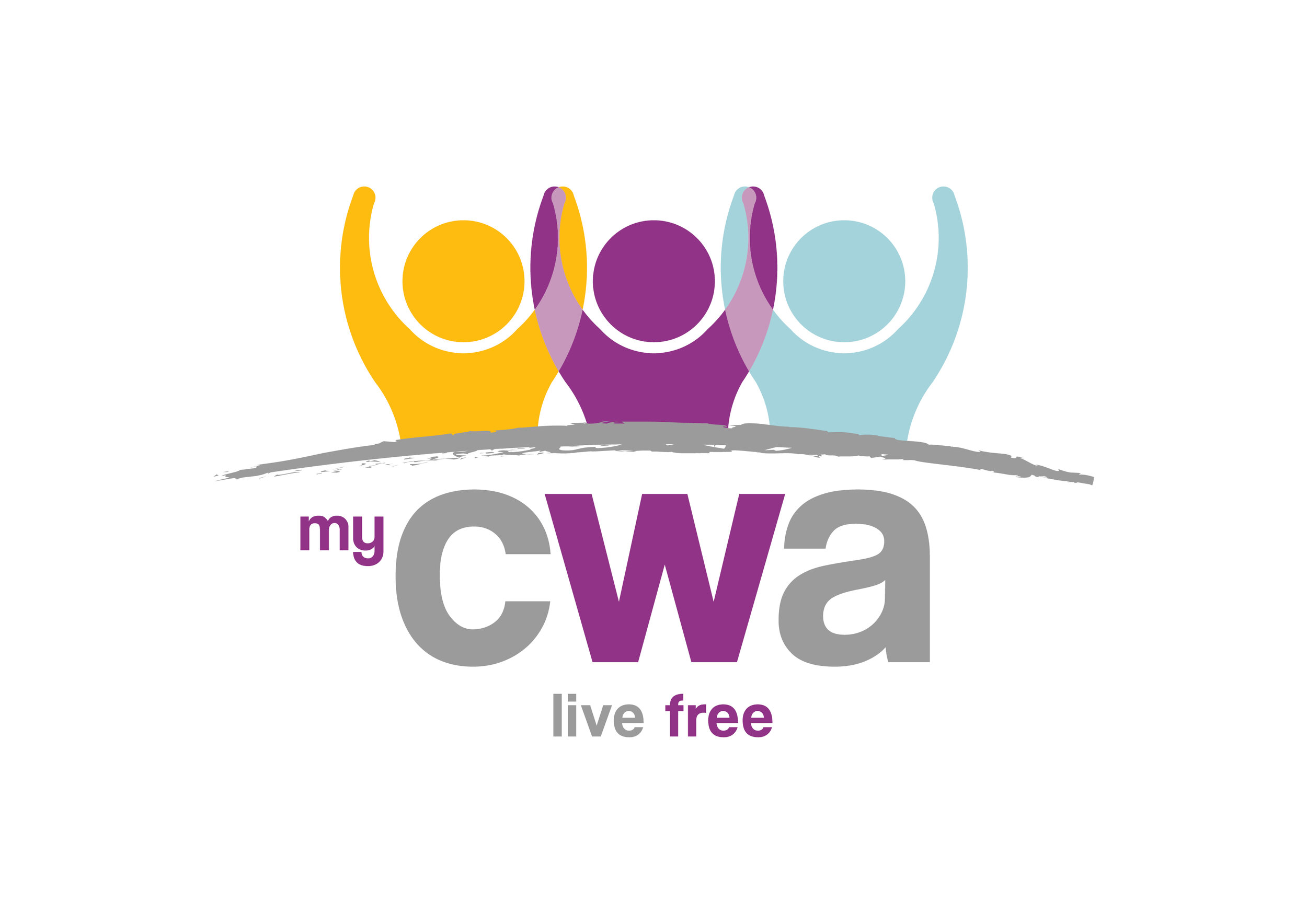elder abuse
Elder abuse happens when the trust is broken between an individual and an older person.
It can be a single act, it can happen many times, or it can be a lack of appropriate action that harms or distresses that person.
What behaviours does elder abuse involve?
If you’ve ever felt pressured into handing over money or felt threatened, belittled or embarrassed by someone you thought you could trust, then you might have experienced elder abuse.
We’ve listed some examples of elder abuse below:
Stealing from you or pressurising you to hand over money
Forging your signature to write cheques in your name
Making decisions without consulting you
Pressuring you to change your will
Adding another name to your bank account
Denying you access to your own money
Not letting you speak for yourself
Misusing lasting power of attorney
Treating you in a way that makes you feel threatened, belittled or embarrassed
Touching you in a way you don’t want to be touched
Administering medication you haven’t been prescribed
Physically hurting you – slapping, hitting or kicking you
Threatening to stop visiting you / stop letting grandchildren visit you
Neglecting your needs – not giving you enough food or making sure you’re warm
Preventing you from going to the doctors when you’re ill
If you’ve experienced any of these behaviours – or if you know someone who has – please don’t suffer in silence. We’re here to help. Call us now.
“Don’t most people need help managing their finances as they get older?”
Some people do, yes. Lots of people appoint a lasting power of attorney to make decisions about their property and financial affairs in case they become incapable of making important decisions themselves.
But it’s important to remember that financial decision-making should always be in your best interests – not in the interests of those with access to the money.
Anyone who profits from a position of trust like this – for example, by stealing money, selling your home or pressurising you to change your will – is committing elder abuse.
“If someone is caring for me, won’t they need to touch me at some point?”
If you are no longer able to care for yourself then you might require assistance with daily care such as washing, dressing and eating as well as medical care.
Remember that while you have the mental capacity to consent to any touching, you are within your rights to refuse it.
If you’ve appointed health and welfare lasting power of attorney to make decisions on your behalf, your trusted person will make decisions for you if and when you become incapable of making those decisions for yourself.
Regardless of your mental capacity, inappropriate touching, sexual assault and physical abuse are never ok.
Take a look at our get help section for more information. Or visit our services for more about how we can help.
If you or someone you know have been affected by elder abuse, please get in touch so we can help you put a stop to it.

